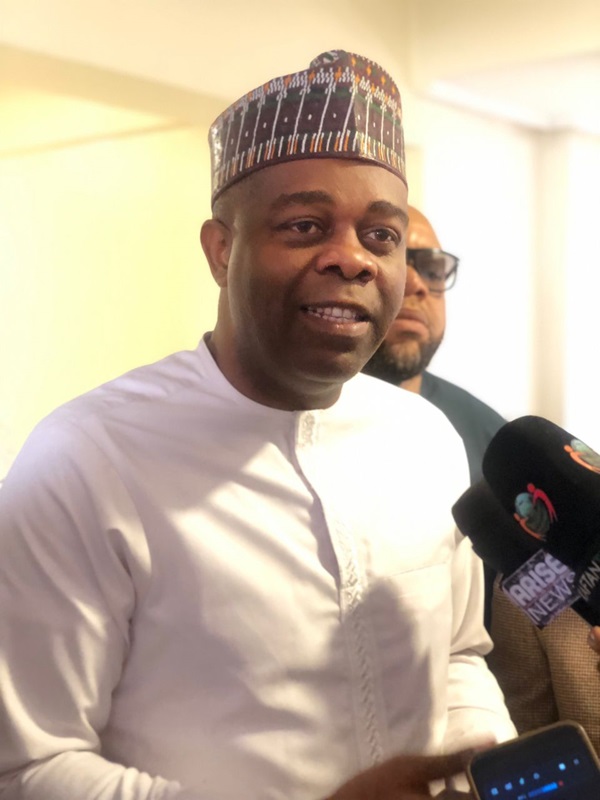
The National Health Insurance Authority (NHIA) ha called for increased legislative support to achieve Universal Health Coverage (UHC) in Nigeria.
Director-general of NHIA, Dr. Kelechi Ohiri emphasised this need during an interview with Science Nigeria on the sidelines of the Fifth Annual Legislative Summit on Health, themed “Improving Legislative Stewardship and Accountability for UHC.”
Ohiri highlighted the importance of legislative partnership and support, particularly in mobilising and financing health insurance for the poor and vulnerable. “We call on legislators for continued partnership and support, particularly in mobilizing and financing health insurance for the poor and vulnerable,” Ohiri stated.
He emphasised the necessity of expanding the funding envelope for the Vulnerable Group Fund (VGF) and ensuring that oversight functions are effectively utilized to verify the appropriate use of funds and identification of beneficiaries. “There is already an appropriation for the Vulnerable Group Feeding (VGF) program in the 2024 budget. To fulfill the objective of addressing vulnerability, the VGF will also target pregnant women at risk of dying during childbirth,” he explained.
With collaborative efforts from legislators and health sector leaders, Ohiri expressed his belief in Nigeria’s ability to make significant strides towards achieving UHC. “The commitment to expanding coverage, ensuring equity, improving quality and enhancing efficiency will be crucial in protecting all Nigerians from catastrophic healthcare costs and achieving health for all. We need to enroll more people for health insurance to work while translating enrollment into improved equity, quality of care, market efficiency, and ultimately, reduction in out-of-pocket expenditure,” he added.
The NHIA DG expressed gratitude to the legislative bodies for their unwavering support and leadership in advancing the nation’s health agenda. He highlighted significant milestones such as the passage of the National Health Act in 2014 and the National Health Insurance (NHI) Act in 2022, underscoring the crucial role of legislative action in expanding healthcare coverage and access for millions of Nigerians.
“Celebrating the second anniversary of the NHI Act, a review of the progress since its implementation was presented. The Act, which established the National Health Insurance Authority, aims to integrate and regulate all health insurance schemes in Nigeria, recognizing both public and private sectors. Despite notable achievements, including the creation of the Vulnerable Group Fund and the establishment of State Health Insurance agencies, coverage remains low, especially among vulnerable groups and the informal sector,” he said.
Since the establishment of health insurance in 1999, significant strides have been made to protect families from catastrophic healthcare costs. However, Ohiri noted that the current landscape reveals that only 62 per cent of the formal sector and a mere one percent of the informal sector are covered by health insurance. Efforts to address this disparity include government subsidies and increasing the contributory elements from various programs at both federal and state levels.
Aligning with the President Bola Tinubu’s agenda for UHC, the NHIA has outlined a strategic vision focused on four key objectives: coverage, equity, quality, and efficiency. “This vision aims to expand health insurance to as many Nigerians as possible, ensuring that the poor are not left behind and that the insurance provided offers meaningful coverage with defined minimum benefits. To achieve this, the NHIA plans to engage civil society for accountability and optimise its organisational structure for effective performance,” he stated.
Ohiri’s call to action underscores the critical role of legislative support in achieving UHC in Nigeria, aiming to create a healthcare system that is inclusive, equitable, and capable of providing quality care to all citizens.

